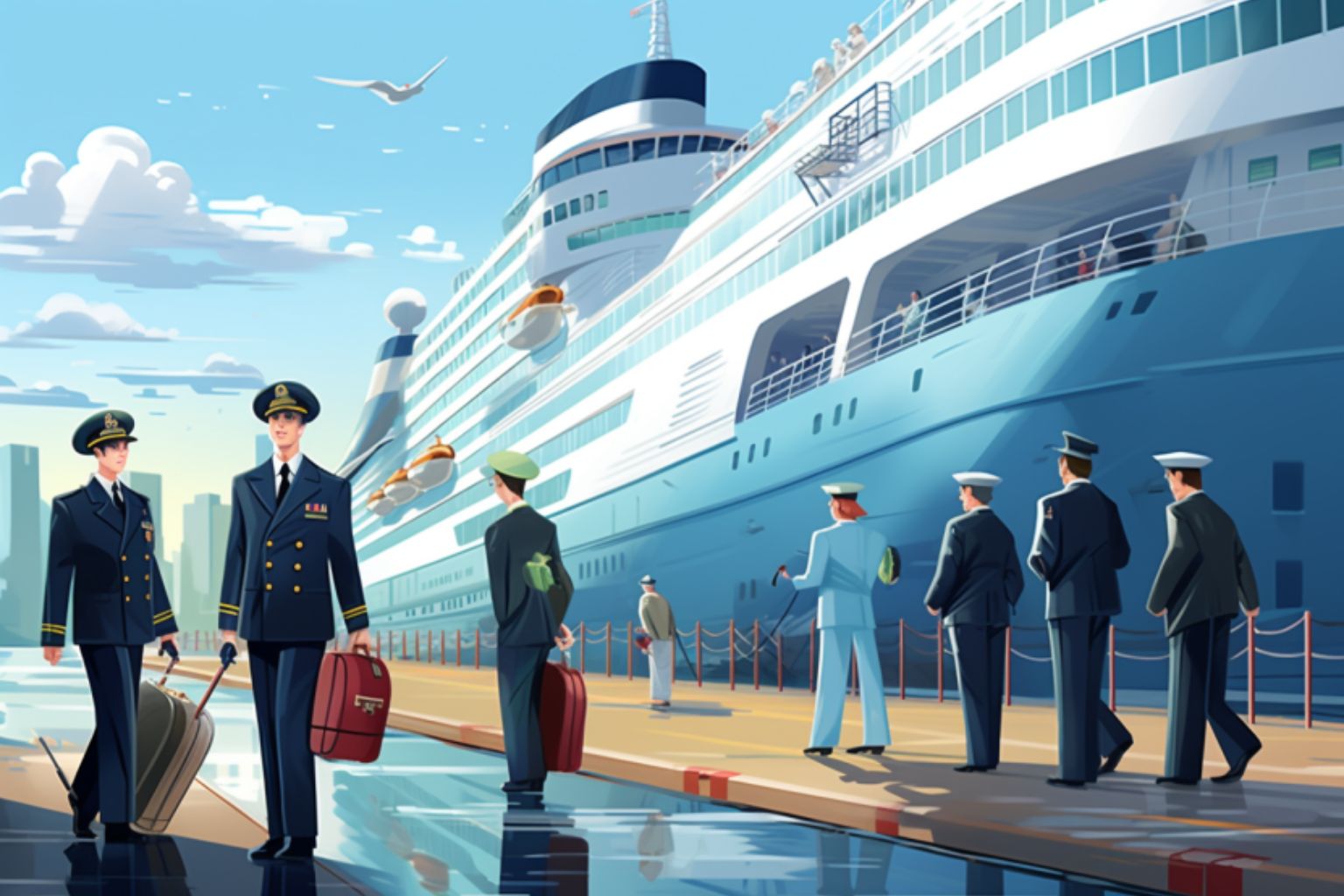The remarkable thing about the proposed Cruise Passenger Protection Act is that on its face, it looks entirely unremarkable. The law would require cruise lines to publicly report all alleged crimes on a ship and to disclose their passenger contracts in plain English.
But dive into the bill, and it delivers a little shock to both passengers and the cruise industry. For travelers, it’s the surprise that, thanks to a legal loophole, cruise lines and the federal government currently don’t do what the new law would require, including publicly reporting every alleged and significant crime committed aboard cruise ships. It’s also a troubling reminder that at sea, you don’t have the same rights as on land.
For cruise lines, the bill’s passage would significantly tighten the government’s regulatory screws — a step that the bill’s sponsor, Sen. Jay Rockefeller (D-W.Va.), says is urgently needed. “I’m convinced that the only way we’re going to make a meaningful difference for consumers is by taking legislative action,” he said in a prepared statement. “We need to make sure this industry gives consumers all the information they need to make a fully informed decision before they book a cruise vacation.”
Unexpected industry compliance
The Cruise Passenger Protection Act was introduced in late July, just before what was expected to be a contentious congressional hearing on the cruise industry’s lack of consumer protections. On the agenda: the need for accurate crime reporting and the issue of safety problems that continue to plague the industry. Instead, the cruise industry surprised many observers by agreeing to voluntarily adopt at least one provision of the bill, a step some industry-watchers believe was meant to render the new law moot.
Maritime attorney and cruise industry critic Jim Walker attended the hearing. “For eight years, the cruise industry has been saying how safe it is, how heavily regulated it is.
“I think they knew that this bill would pass.”
Practically speaking, here’s what the industry’s preemptive compliance means: Three major cruise lines — Carnival, Royal Caribbean and Norwegian Cruise Line — have voluntarily published on their Web sites a list of major crimes allegedly committed aboard their ships.
Cruise lines’ crime reporting falls short
The reportable crimes include homicides, suspicious deaths, missing persons, kidnappings, assault with “serious” injury, theft of more than $10,000, rape and sexual assault. Previously, the cruise industry reported these crimes to the Coast Guard, but a late revision in another bill changed it so that only cases that the FBI considered closed needed to be made public. That left passengers with the impression that their vessels were practically crime-free.
On its Web site, Norwegian has reported just two alleged crimes on its ships for the first half of 2013: an assault on a passenger involving “serious” bodily injury and one sexual assault. For the past three months, a period when it carried 380,000 passengers, it claims to have a spotless record.
The other cruise lines also reported very low crime rates. Carnival claimed just 10 alleged reportable crimes in the last quarter, and Royal Caribbean only six.
Rockefeller said that after reviewing the information published online, he believes that “it falls short of what passengers need to make an informed decision about potential safety issues on their vacations.” Specifically, it fails to include reports of sexual crimes against minors.
Perspectives on passenger protections and crime reporting
But to the cruise industry, Norwegian’s two incidents reflect the reality of life at sea. By any measure, travel aboard a commercial cruise line is “exceptionally safe,” says David Peikin, a spokesman for the Cruise Lines International Association, an industry trade group. “In many areas, cruising offers passengers more protections and transparency of information than any other hospitality or transportation business.”
The cruise industry has taken the concerns of passengers and legislators seriously, he notes. In May, for example, CLIA’s member lines adopted a set of voluntary policies that set minimum standards for safety, comfort and care in the event of a mechanical failure or a shipboard emergency. The Passenger Bill of Rights, Peikin noted, is a legally enforceable agreement between a cruise line and its guests.
But the cruise industry’s voluntary steps have left some consumer advocates unimpressed. They say that cruise lines have fought common-sense crime reporting for the better part of a decade and agreed to take these steps only because Congress was about to force their hand.
Unyielding industry stance
“Cruise lines won’t give anything up unless they have to,” says Kendall Carver, chairman of the International Cruise Victims Association, which represents cruise passengers.
The issue is far from resolved. The Cruise Passenger Protection Act contains several provisions that, taken together, would significantly increase government oversight. They include the creation of an advisory committee for passenger vessel consumer protection and the addition of a new director-level position within the Transportation Department to act as a liaison between victims of cruise crime and the federal government. Among other things, the law authorizes the secretary of homeland security to withhold or revoke the clearance required to operate a cruise ship if a company doesn’t report its crimes or fails to pay a penalty.
In effect, the DOT would become the lead federal agency for cruise ship consumer protection, not unlike the role it plays in aviation consumer protection. The bill would also give the federal government the authority to investigate consumer complaints. (Related: Are cruise lines doing enough to protect their passengers?)
Legislative impact
The cruise lines say that they are reviewing the bill. Passengers are, too.
“It’s definitely headed in the right direction,” says Rob Qualls, who runs a diagnostic sensors equipment company in Indianapolis. He believes that the bill puts some much-needed accountability on an industry that has operated outside the law for too long. The plain-English passenger contract alone makes it worthwhile, because it will notify passengers of their rights — something they often don’t know. (Here’s what you need to know before booking your next cruise.)
Whether the cruise industry’s lobbyists succeed in defeating the Cruise Passenger Protection Act or not, we can be grateful that, however briefly, a legislative spotlight has illuminated what some say is one of the least understood, if not the least regulated, sectors of the travel industry.




